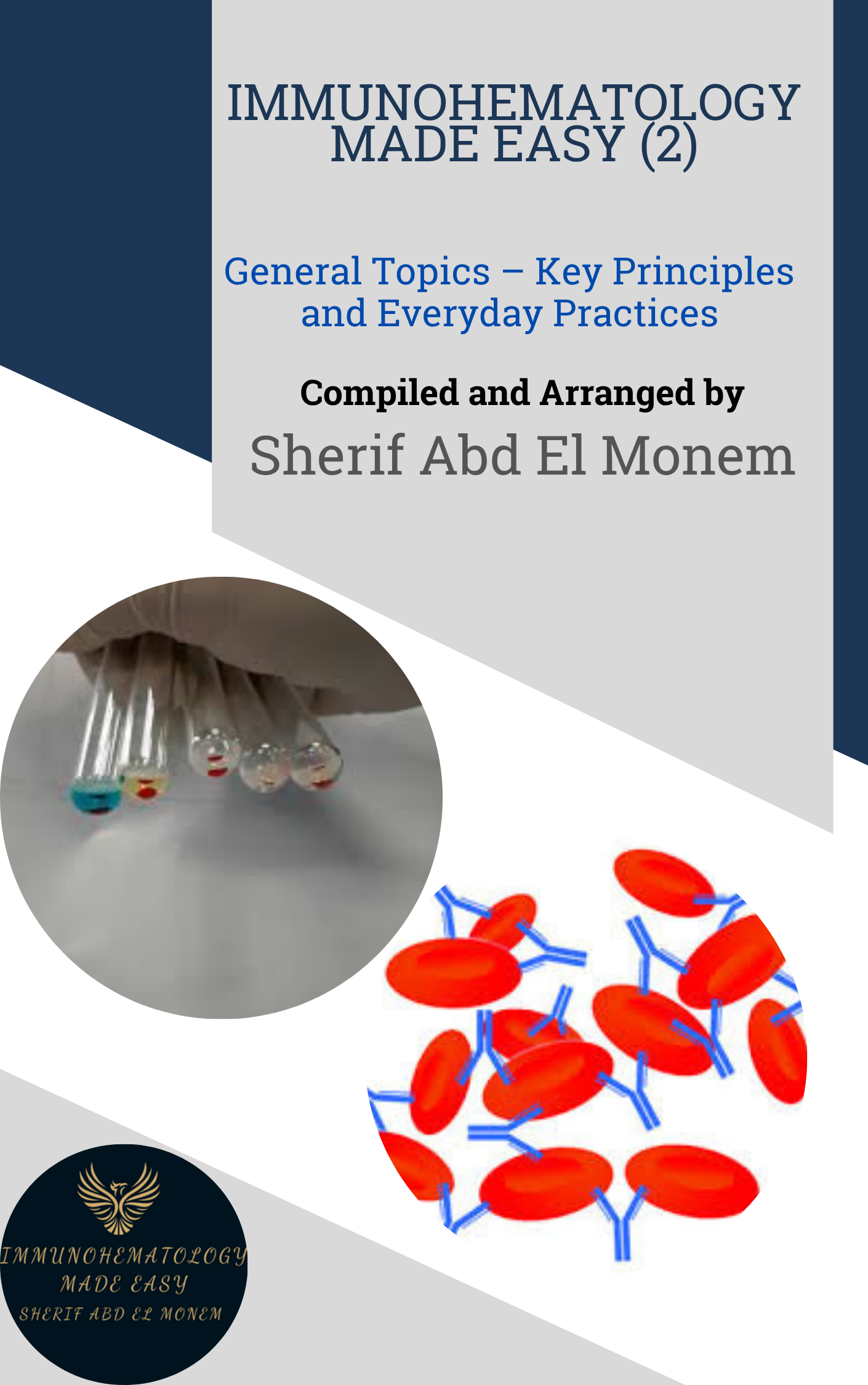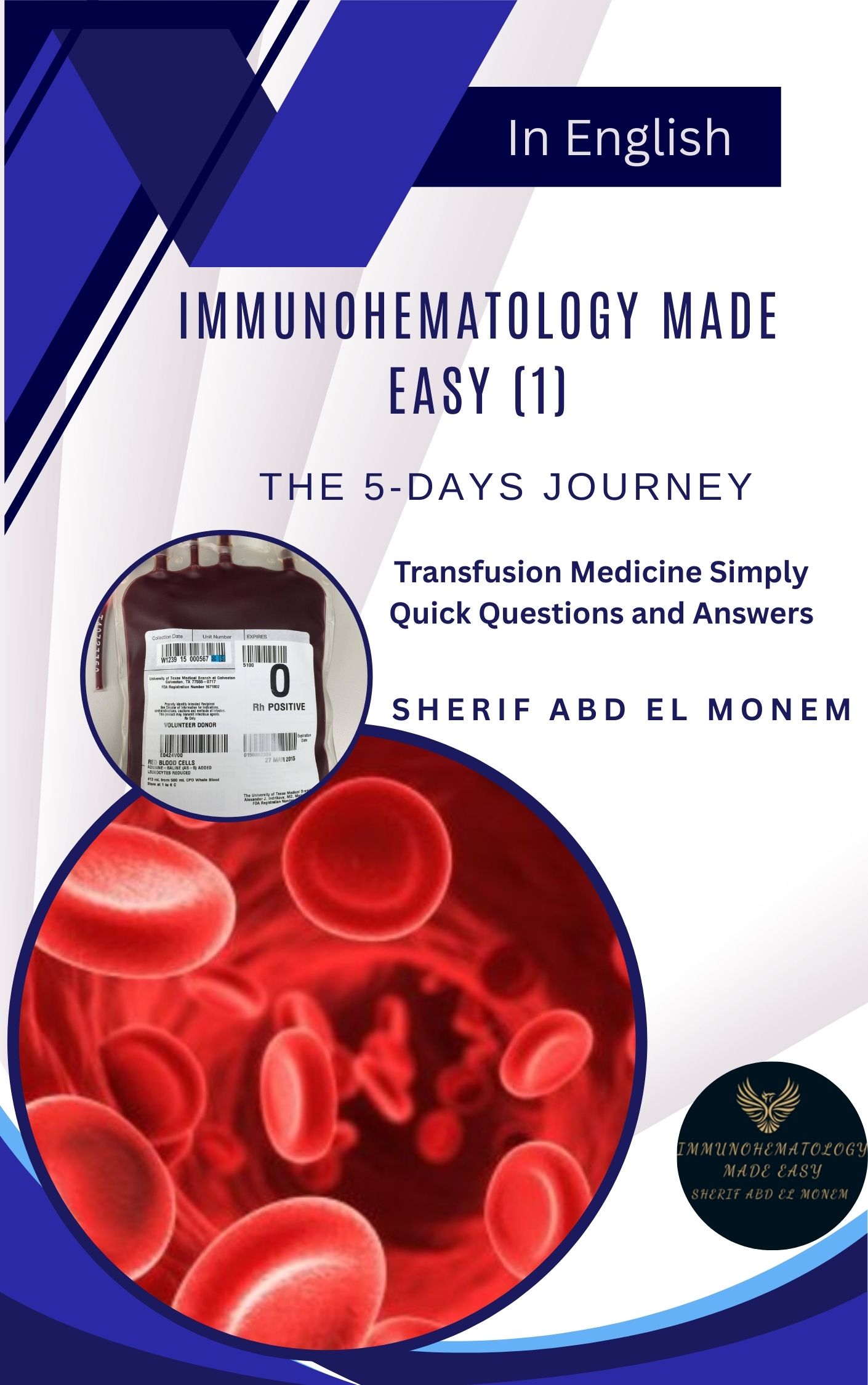-
Question 41: Why do inhabitants at high altitudes need more red blood cells?
Inhabitants at high altitudes need more red blood cells because there is less oxygen in the air, and additional red blood cells are required to carry sufficient oxygen.
-
Question 42: How does the oxygen supply at sea level differ from that at higher altitudes?
Oxygen supply at sea level is greater than at higher altitudes due to the higher oxygen content in the air.
-
Question 43: What organ produces erythropoietin?
Erythropoietin is produced in the kidneys.
-
Question 44: What happens when there is a sudden moderate loss of red blood cells?
A sudden moderate loss of red blood cells, such as through an accident or blood donation, stimulates the production of new red blood cells to replace those lost.
-
Question 45: Define compensated erythropoiesis.
Compensated erythropoiesis refers to the increased production of red blood cells in response to hypoxia, as seen in individuals living at high altitudes.
-
Question 46: What is the significance of tissue oxygen levels in erythropoiesis?
Tissue oxygen levels play a crucial role in regulating erythropoiesis, with low oxygen levels leading to increased red blood cell production.
-
Question 47: How does erythropoiesis contribute to maintaining tissue oxygen levels?
Erythropoiesis increases the number of red blood cells, which in turn enhances the delivery of oxygen to tissues, thus raising tissue oxygen levels.
-
Question 48: What is the primary function of red blood cells in the body?
The primary function of red blood cells is to transport oxygen to body tissues.
-
Question 49: What is the relationship between erythropoietin and red cell production?
Erythropoietin, released in response to hypoxia, stimulates red cell production in the bone marrow.


